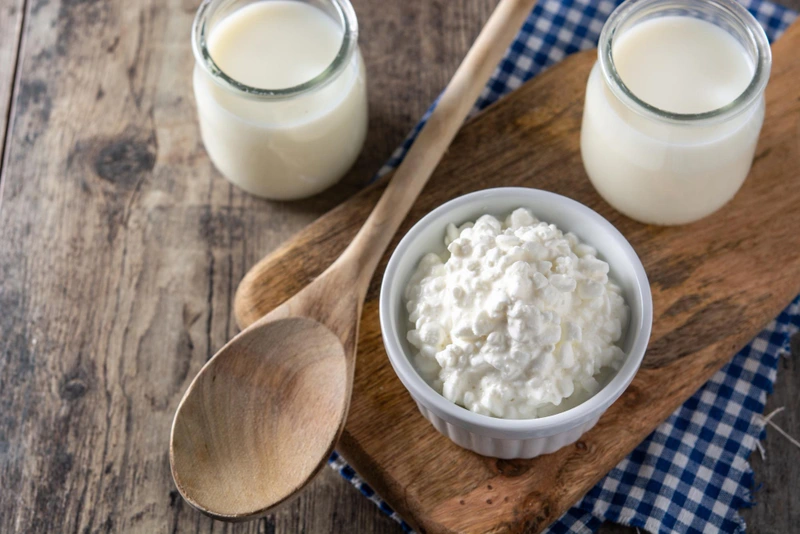- Published on: Jul 24, 2025
- 2 minute read
- By: Secondmedic Expert
How Walking Daily Affects Your Blood Pressure
High blood pressure (hypertension) is often called the "silent killer" because it can lead to serious problems like heart attacks and strokes—without any warning signs. But here’s some good news: one of the easiest ways to lower your blood pressure naturally doesn’t cost a thing. It’s simply walking.
In this blog, we’ll explore how walking daily affects your blood pressure, why it works, how much to do, and simple ways to include it in your daily routine.
Understanding Blood Pressure
Your blood pressure (BP) is the force your blood exerts against your artery walls. It’s measured in two numbers:
-
Systolic (upper number) – pressure when your heart beats
-
Diastolic (lower number) – pressure when your heart rests
A normal BP is around 120/80 mmHg. Higher than this, especially long-term, increases your risk of heart disease, kidney failure, and stroke.
Why Walking Works
Regular walking is a form of aerobic exercise, which gets your heart pumping and your blood flowing. This helps:
-
Improve the elasticity of blood vessels
-
Reduce artery stiffness
-
Promote better circulation
-
Lower cholesterol and blood sugar levels
-
Reduce body fat, especially around the abdomen
As a result, walking can naturally reduce both systolic and diastolic blood pressure over time.
What Does Science Say?
Numerous studies show walking can lower blood pressure:
-
A study published in Hypertension journal found that brisk walking for 30 minutes a day can reduce systolic BP by 5–10 mmHg.
-
Another meta-analysis concluded that walking consistently for 3 months had a significant impact on lowering BP in people with pre-hypertension and stage 1 hypertension.
How Much Should You Walk?
The sweet spot is:
-
30 minutes of brisk walking
-
At least 5 days a week
-
If possible, aim for 10,000 steps per day
Even short bouts—like 10 minutes three times a day—are beneficial if you’re just starting out.
Additional Health Benefits of Walking
Walking daily doesn’t just help blood pressure; it:
-
Boosts heart and lung capacity
-
Reduces stress hormones (cortisol and adrenaline)
-
Improves mood and sleep
-
Helps manage weight
-
Increases insulin sensitivity
-
Strengthens bones and muscles
All these factors play a role in maintaining healthy blood pressure.
Walking Reduces Stress = Lower BP
Chronic stress raises blood pressure. Walking helps:
-
Lower stress hormone levels
-
Release endorphins (feel-good chemicals)
-
Calm your nervous system
A simple 15-minute walk in nature can do wonders for your mind and body.
How to Make Walking a Habit
Here are easy tips to stay consistent:
-
Schedule it like a meeting – same time each day
-
Listen to music or podcasts – make it enjoyable
-
Walk with a friend – keeps you accountable
-
Break it up – 10 mins morning, 10 mins lunch, 10 mins evening
-
Track your steps – use a smartwatch or phone app
-
Take the stairs or walk short errands – it all adds up
What to Watch For
While walking is safe, take precautions if:
-
You have heart problems
-
You experience dizziness or chest pain
-
You’re over 60 and new to exercise
In such cases, consult your doctor before starting.
Lab Tests You Can Book via SecondMedic
Want to keep an eye on your blood pressure and related risk factors? These tests help:
-
Complete Lipid Profile – for cholesterol
-
Blood Pressure Monitoring (Ambulatory BP)
-
HbA1c or Fasting Blood Sugar – if you have diabetes
-
Kidney Function Test (KFT)
-
Electrolyte Panel
You can book these online via SecondMedic.com, with home sample collection from labs like Thyrocare.
Conclusion
Walking is a powerful yet gentle way to control blood pressure naturally. Whether you're already on medication or just starting your BP journey, walking can reduce risk, improve energy, and support your overall well-being.
Now that you know how walking daily affects your blood pressure, put on your walking shoes and take that first step—literally!
Read FAQs
A. Yes. Regular walking improves blood circulation, strengthens the heart, and helps reduce both systolic and diastolic BP.
A. Experts recommend at least 30 minutes of brisk walking 5–6 days a week to see noticeable results.
A. Morning walks are ideal as they help activate your metabolism and stabilize BP early in the day, but any time is better than none.
A. While walking helps reduce dependency on medications, it’s important to consult your doctor before making any changes.
A. Absolutely. Walking is a low-impact, heart-friendly exercise suitable for people of all ages, including seniors.
Our Services
Request A Callback
Recent Posts
Is Curd Good or Bad for Acidity?
Aug 02,2025
Can Fatty Liver Be Reversed Completely?
Jul 31,2025
How Your Sleep Schedule Affects Digestion
Jul 28,2025
How to Spot Signs of Hormonal Imbalance in Men
Jul 26,2025
Do You Need a Digital Detox? Signs and Symptoms
Jul 25,2025










